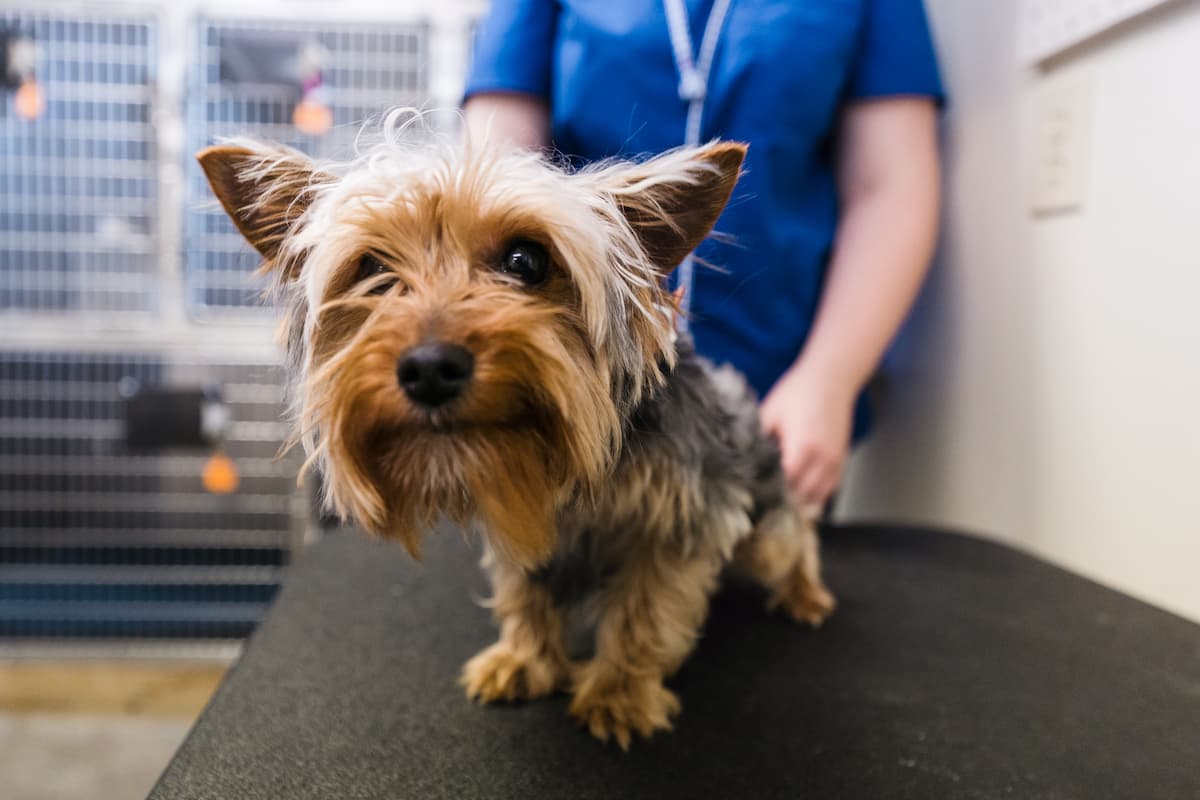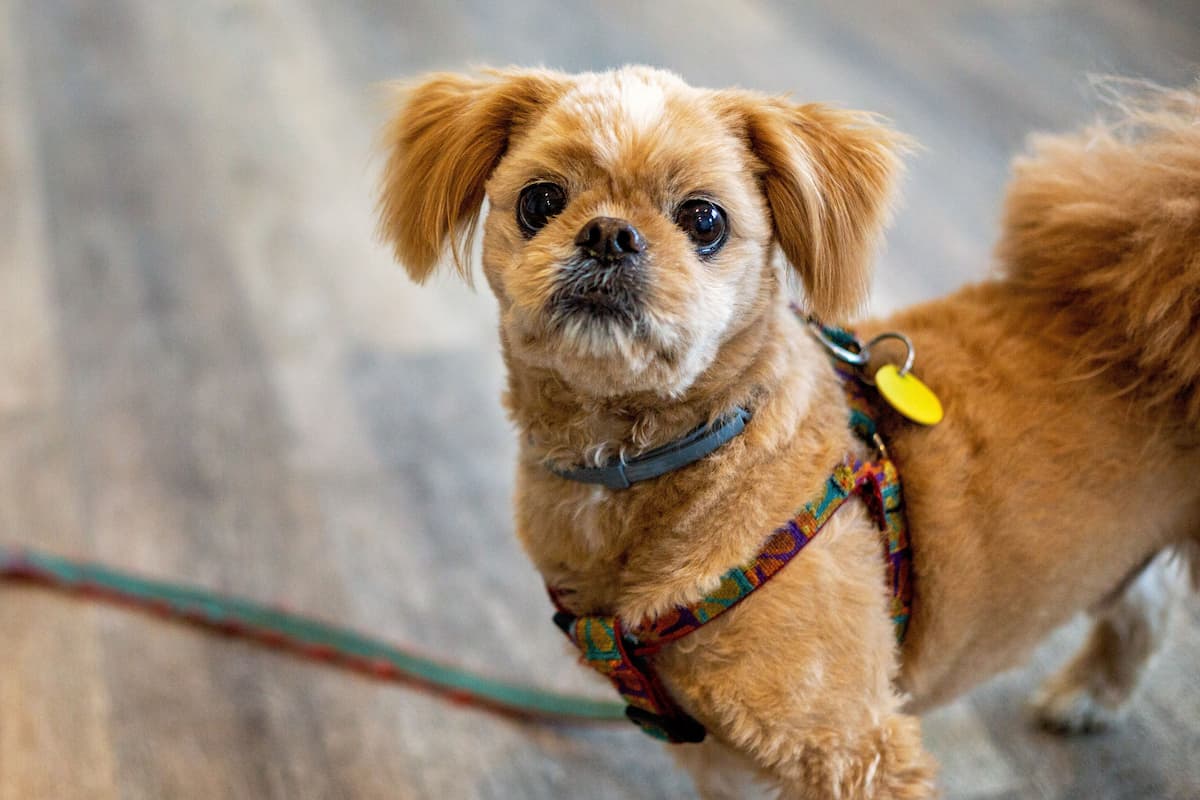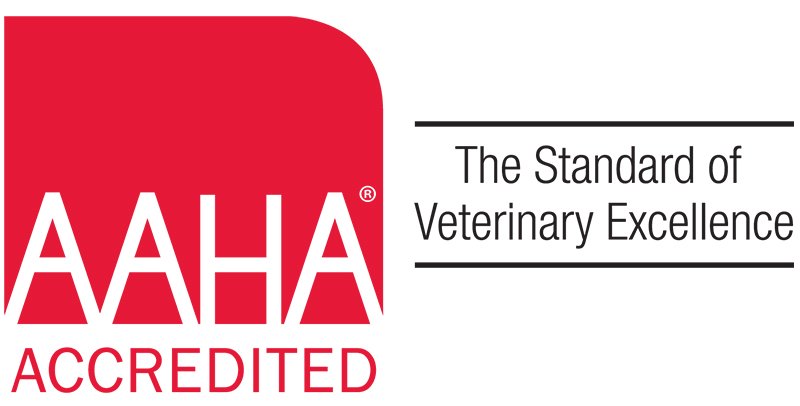Welcome New Clients!
(262) 782-6910
Our veterinary team welcomes you and your pet! Here at New Berlin Animal Hospital, we always welcome new clients and patients to our full-service veterinary hospital. We encourage you to explore our services and call with any questions.

Complete Wellness Care in New Berlin, WI
Routine wellness exams are a critical part of your pet’s healthcare routine to maintain their well-being and detect any medical issues before they progress. During your pet’s wellness exam, we will conduct an in-depth nose-to-tail examination and advise you on all aspects of your pet's care.
Comprehensive Care
Preventative Services
Surgical Services
Diagnostics


I love this vet clinic! Everyone is super nice, treats your pet as family. My dog is very skittish and they took great care of him while getting his exam and vaccinations. They listen to your concerns and offer suggestions. They are great to work with!
Heather K.

Highly Rated on Google Reviews!
 118+ Reviews
118+ Reviews
Pet Dentistry in New Berlin, WI
Just like humans, pets require regular oral care to keep them from developing dental disease. Improper care of your pet's teeth can become very painful and eventually lead to serious illness. Our team is here to help protect your pet’s health and teach you the easy ways you can keep their teeth clean and healthy.
Preventative Care
Oral Exams
Teeth Cleanings
Extractions

Our Story
New Berlin Animal Hospital has proudly served the New Berlin community and surrounding areas since they opened their doors in 1971. Our experienced team is dedicated to providing personalized, high-quality veterinary care. We take the time to educate our clients on preventive medicine to ensure their pets live the happiest lives possible. We look forward to becoming your partner in pet care.
Book an Appointment
